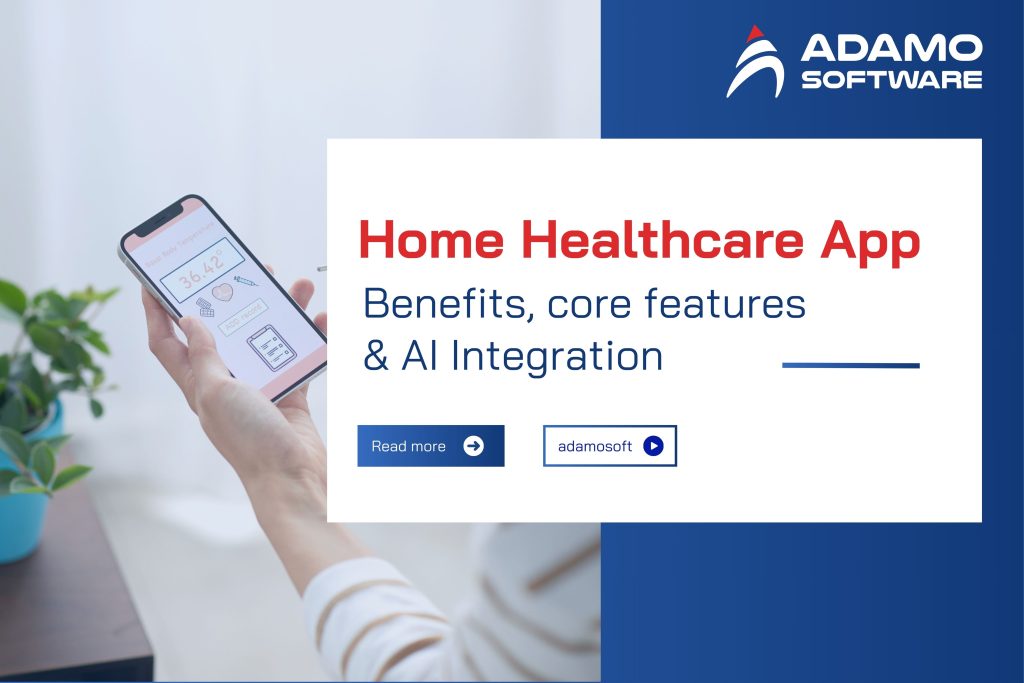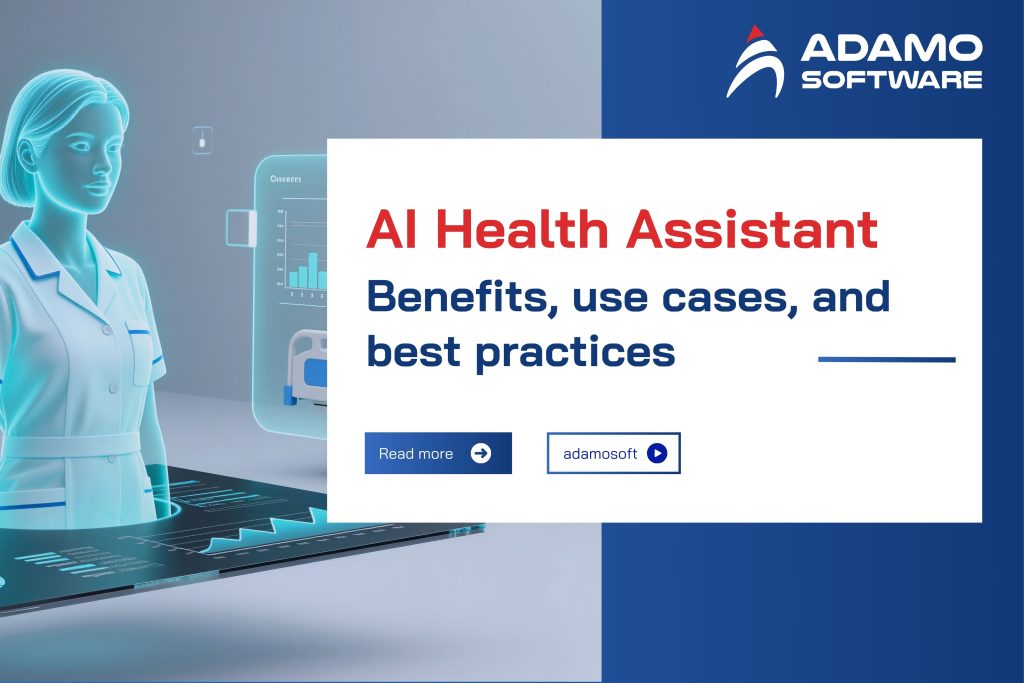Top mental health apps: In-depth reviews & 12+ Top picks
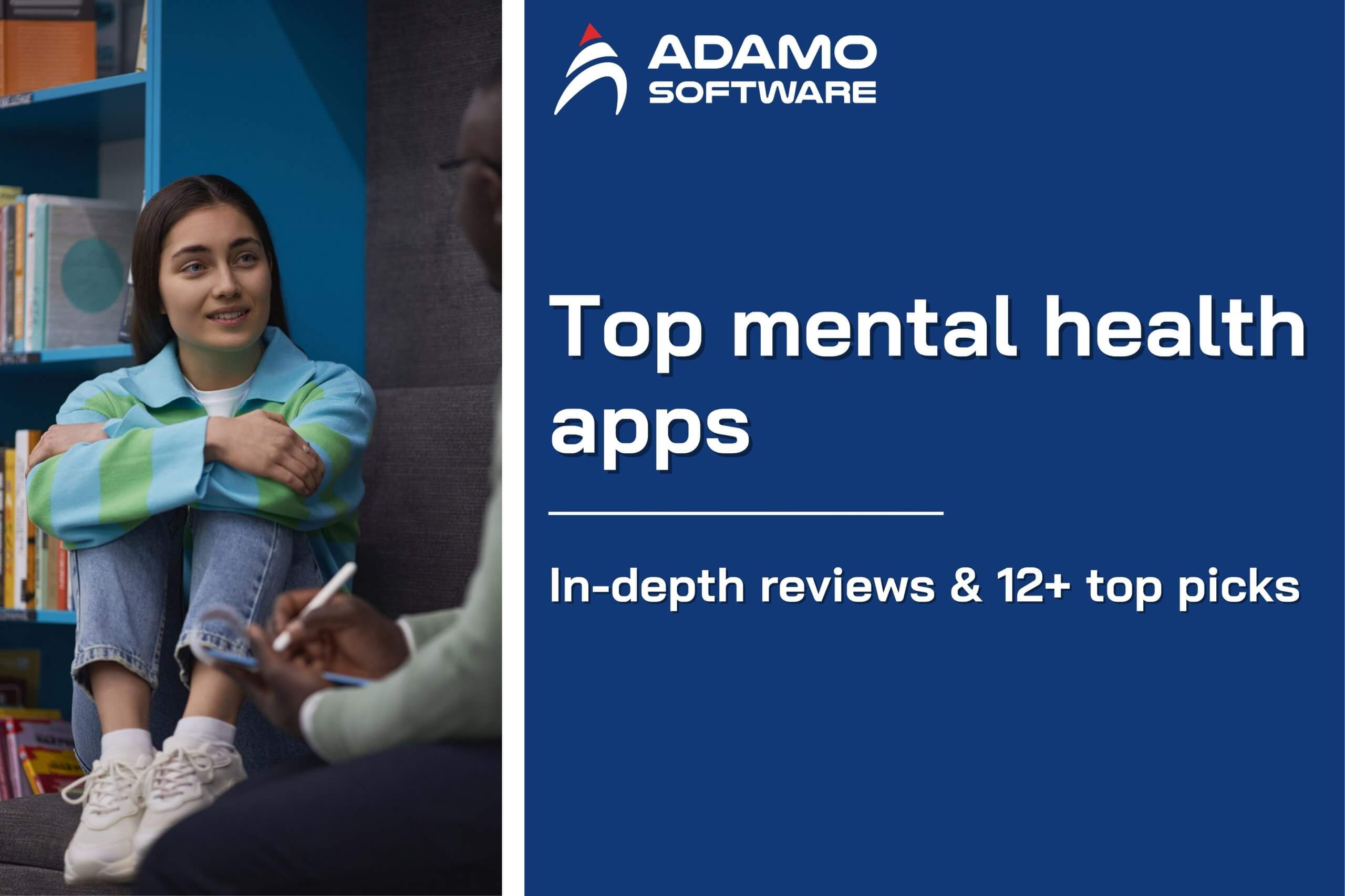
This detailed guide will explore why mental health matters and the top mental health apps of 2026.
I. Why Mental Health is important: Real-world examples
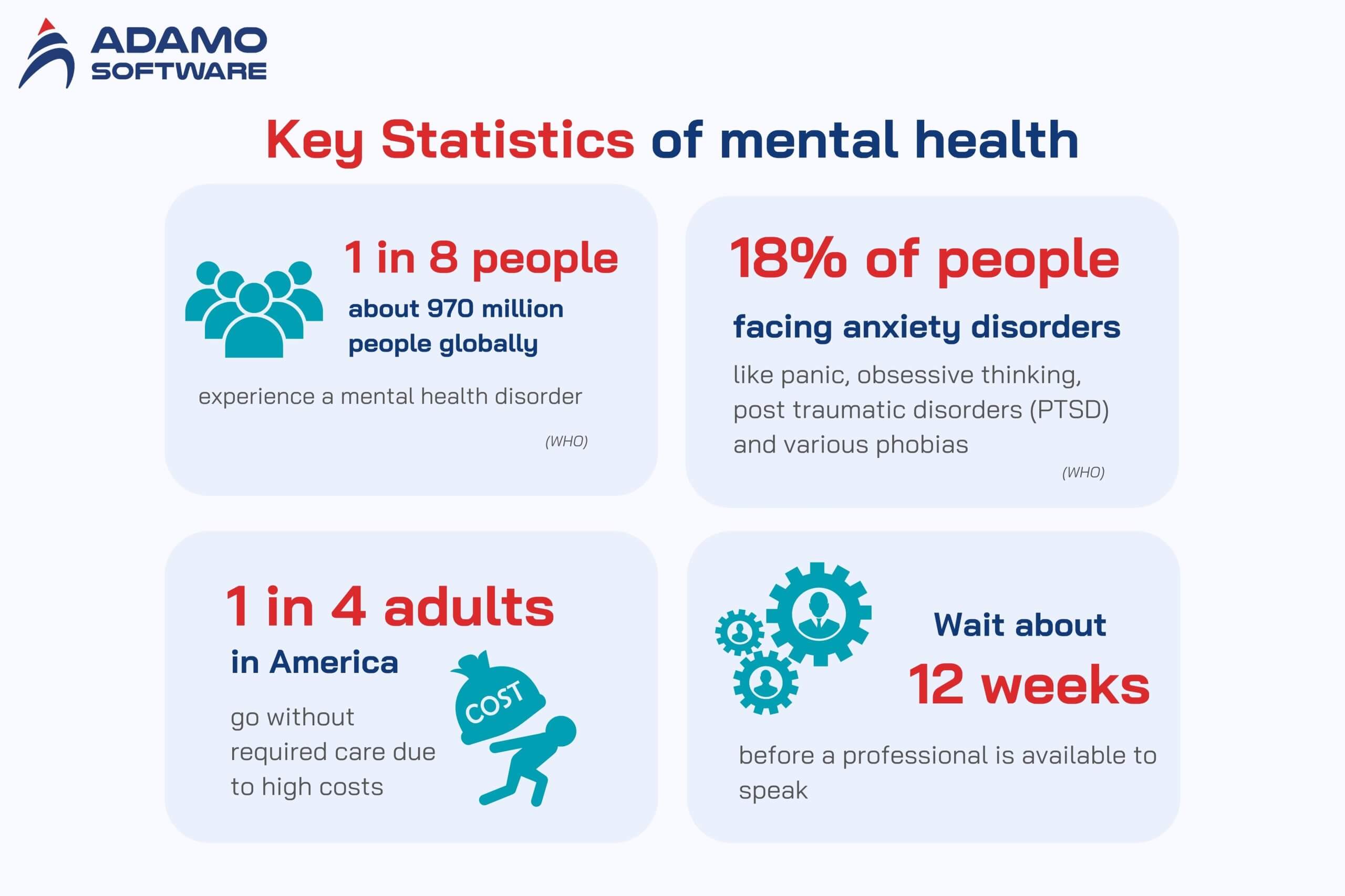
What do celebrities like Ryan Reynolds, Adele, Selena Gomez, and Dwayne Johnson have in common? Aside from being A-listers? Surprisingly, they have all spoken out about their mental health and their struggles with it. This may suggest that no matter how wealthy, successful, or “perfect” a person’s life may seem, they are not actually immune to mental health issues.
Another real-life example is that during the 2020 Tokyo Olympics, American gymnast Simone Biles made headlines when she withdrew from competition to prioritize her mental health needs. By the 2024 Olympics, she had made a remarkable comeback, winning four medals. This proves that the decision to prioritize mental health care when necessary can greatly impact performance.
This also means that mental health issues are more common than people think. According to the WHO, it is estimated that 1 in 8 people (about 970 million people worldwide) suffer from a mental health disorder. Anxiety is a major contributing factor. This is because about 18% of people suffer from anxiety disorders such as panic attacks, obsessive thoughts, post-traumatic stress disorder (PTSD), and various phobias. Unfortunately, however, due to limited costs and lack of access to therapy, many people do not get the help they need when they need it.
According to another report, 1 in 4 adults in the US do not receive mental health care when they need it due to high costs. Even those who can afford it often have to wait about 12 weeks before a professional can talk to them. Another obstacle is stigma, with many people reluctant to ask for help for fear of being judged. Over time, mental distress begins to affect physical health. It increases the risk of digestive disease, heart disease, stroke, diabetes, and other conditions.
As more and more people are concerned about their mental health these days, mental health apps are popping up. And then, how do you find top mental health apps? This blog explores why mental health is important and lists the top mental health apps in 2026.
II. Top Mental Health Apps: 15 noteworthy apps (Update 2026)
1. Headspace – Best for mindfulness
Key specs:
- Price: Per month: $12.99/per year: $69.99/Family plan: $99.99 (up to 6 members)
- Free trial: 14-day free trial
- Platforms: Android, iOS devices
Why we chose it:
The Headspace app is one of the top mental health apps, with 2.8 million registered users. It has convenient features like sleep aids, guided meditations, mindfulness resources, anxiety management, and more. Thanks to this useful feature, it is one of the most comprehensive mental health apps.
In addition, Headspace also has sleep tools. These are the most popular features of the app. It offers soothing music, sleepcasts, and stories to help you fall asleep. There are also scientifically proven sleep meditation exercises and even sleep hygiene tips. Best of all, it allows users to contact personal mental health coaches via text when needed.
Pros & Cons
Pros
- Can remind or motivate users to practice daily.
- Can track their progress through the statistics feature.
- Can connect with people with similar interests through the friend’s feature.
- Olympic athletes lead workout classes.
Cons
- High monthly subscription fee.
- The app has a repeat feature.
- A free trial requires a credit card and commits to an auto-renewal subscription.
- It focuses more on introductory courses. This may be a drawback for advanced meditators.
2. Talkspace – Best for therapy
Key specs:
- Price: $65+ per week for therapy
- Free trial: 7-day free trial
- Platforms: Android, iOS devices, and web
Why we chose it:
Talkspace offers convenient access to licensed therapists through text, audio, video calls, or live video sessions.
While Talkspace is the most expensive option on this list, it can give you direct access to a mental health professional. So, this app can hardly be mentioned as one of the top mental health apps. This can be a more affordable online therapy option than seeing a therapist in person, and you get 24/7 support. When using this app, you can message your therapist in the chat room anytime. Additionally, you also have the option to schedule live video sessions with your therapist.
Pros & Cons
Pros
- Allows users to chat directly with a mental health professional.
- Can change therapists.
- Allows 24/7 access to treatment.
Cons
- Very high cost.
- Therapy techniques may be limited for some users.
- The therapist may not be a good fit.
3. Sleep Ninja – Best for sleep deprivation
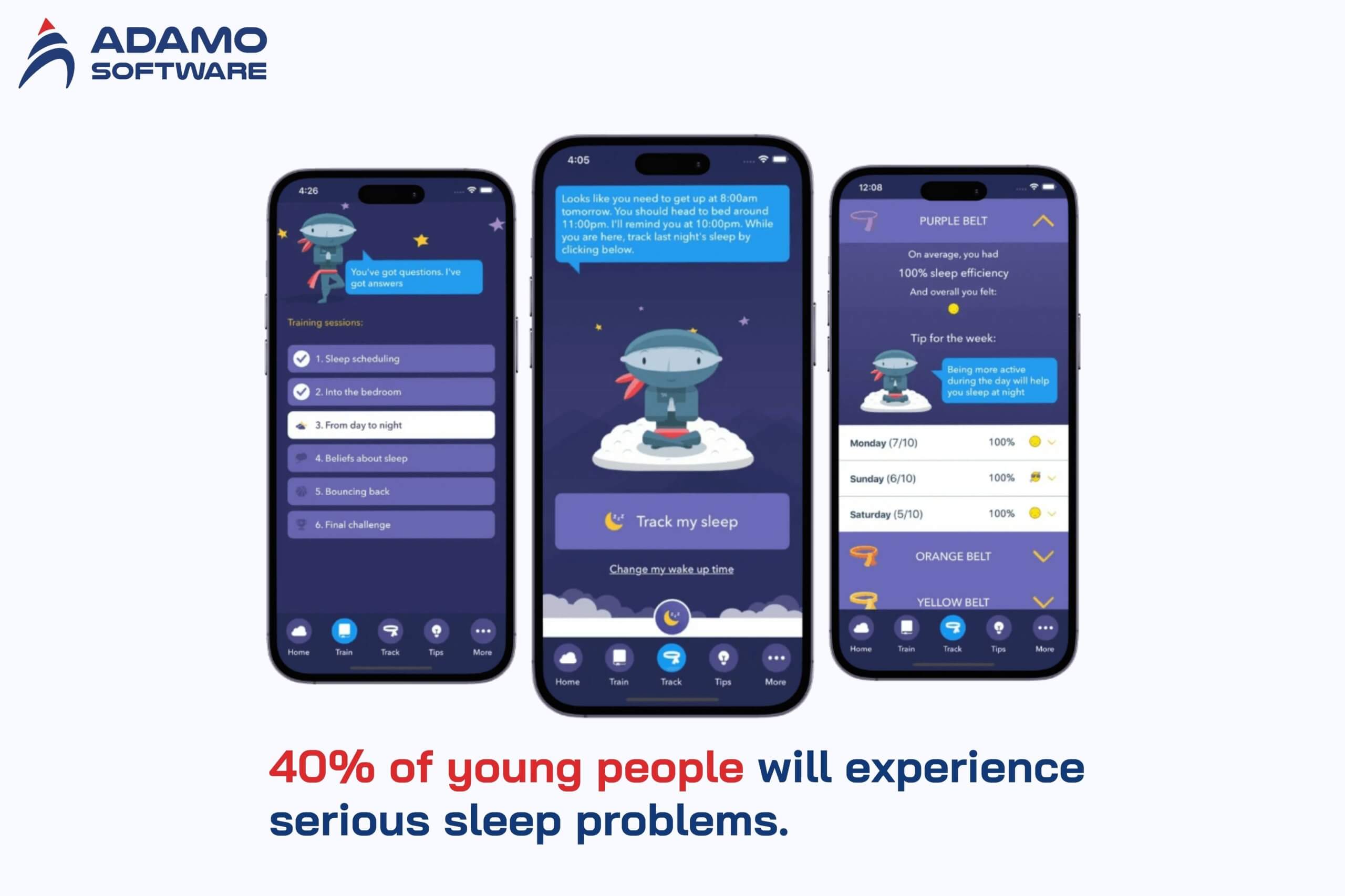
Sleep Ninja® is also a free and one of the top mental health apps. It is effective in helping young people with sleep problems.
Young people, especially adolescents entering high school, often suffer from mental health issues. It is reported that about
Half of all mental illnesses occur by the age of 14. About 40% of young people will experience serious sleep problems, increasing the risk of anxiety or depression at this important stage of development. Therefore, by addressing the issue of good quality sleep, we can lay the foundation for promoting emotional, social, and physical health—also, academic performance, now and in the future.
4. Calm – Best for meditation and sleep relief
Key specs:
- Price: Per year: $49.99/Enterprise plans: From $318.90/year (for 5 people)
- Free trial: 14-day free trial
- Platforms: Android, iOS devices
Why we chose it:
Another top mental health app is Calm. It is considered the leading app for meditation and insomnia relief. As of 2025, it has over 4.5 million registered users. The app features sleep meditations, audio, connection techniques, and instant access to stress relief support.
These workouts are guided by clinical experts. Users can choose from a huge catalog that covers everything from 2-minute breathing exercises to 10-minute ‘Daily Calm’ mindfulness sessions and even 7-day programs. Additionally, business users can access customized support. Such as general company-wide mental health support, illness-specific resources, and burnout support.
Pros & Cons
Pros
- User-friendly.
- It offers several free meditation courses.
- The kid’s content is engaging.
Cons
- Free meditation courses are hard to find and quite limited.
- No kid’s content or music is available in the free version.
- The app is confusing because there is no defined starting point.
- Many of the meditations are for people who already have a basic understanding of meditation.
5. notOK – Best for pre-crises
Key specs:
- Price: free
- Free trial: no need
- Available on: Android and iOS devices
Why we chose it:
The notOK app offers a unique way for users to get immediate support during difficult times. This relies on contacts they know and trust.
The notOK app is considered a free digital “panic button.” It is designed to provide immediate support via text message, phone call, or GPS location when users are having trouble getting in touch.
In addition, the app simplifies asking for help by notifying users’ trusted contacts. It also provides access to mental health resources such as hotlines and Crisis Text Lines. That’s why notOK is considered one of the top mental health apps.
Pros & Cons
Pros
- It provides immediate support with a simple tap.
- It allows you to notify trusted contacts or provides access to mental health resources when you are struggling.
- Easy to use and discreet.
- It does not require trusted contacts to download the app.
Cons
- Relies on trusted contacts to be responsive and available.
- Seek professional medical advice in an emergency.
6. Breathe, Think, Doi with Sesame – Best for kids
Key Specs
- Price: Free
- Platforms: iOS, Android
- Free Trial: N/A
Why We Chose It:
The Breathe, Think, Do with Sesame app is one of the top mental health apps that offers a simple, fun way for young children to learn about emotional resilience and problem-solving strategies. Children will love this mental health app’s colorful animations and interactive features. Parents can also benefit from the app’s additional resources.
Pros & Cons
Pros
- Free to use
- Offers content that teaches emotional language, relaxation techniques, and problem-solving skills.
- Features kid-friendly touchscreen technology.
- Bilingual (English and Spanish).
Cons
- No subtitles.
- Users have reported some technical glitches (like freezing).
7. iBreathe – Best for stress
Key Specs
- Price: free with in-app purchases
- Platforms: iOS devices and MacOS with Apple silicon chips
- Free Trial: no need
Why we chose it:
iBreathe is an app that stands out for its simple yet effective approach to deep breathing exercises. As one of the top mental health apps, It offers a clean interface and customizable routines for stress relief, anxiety, and relaxation. If you are looking for a simple tool to relieve stress, iBreathe is a perfect app for breathing exercises to help reduce stress and anxiety.
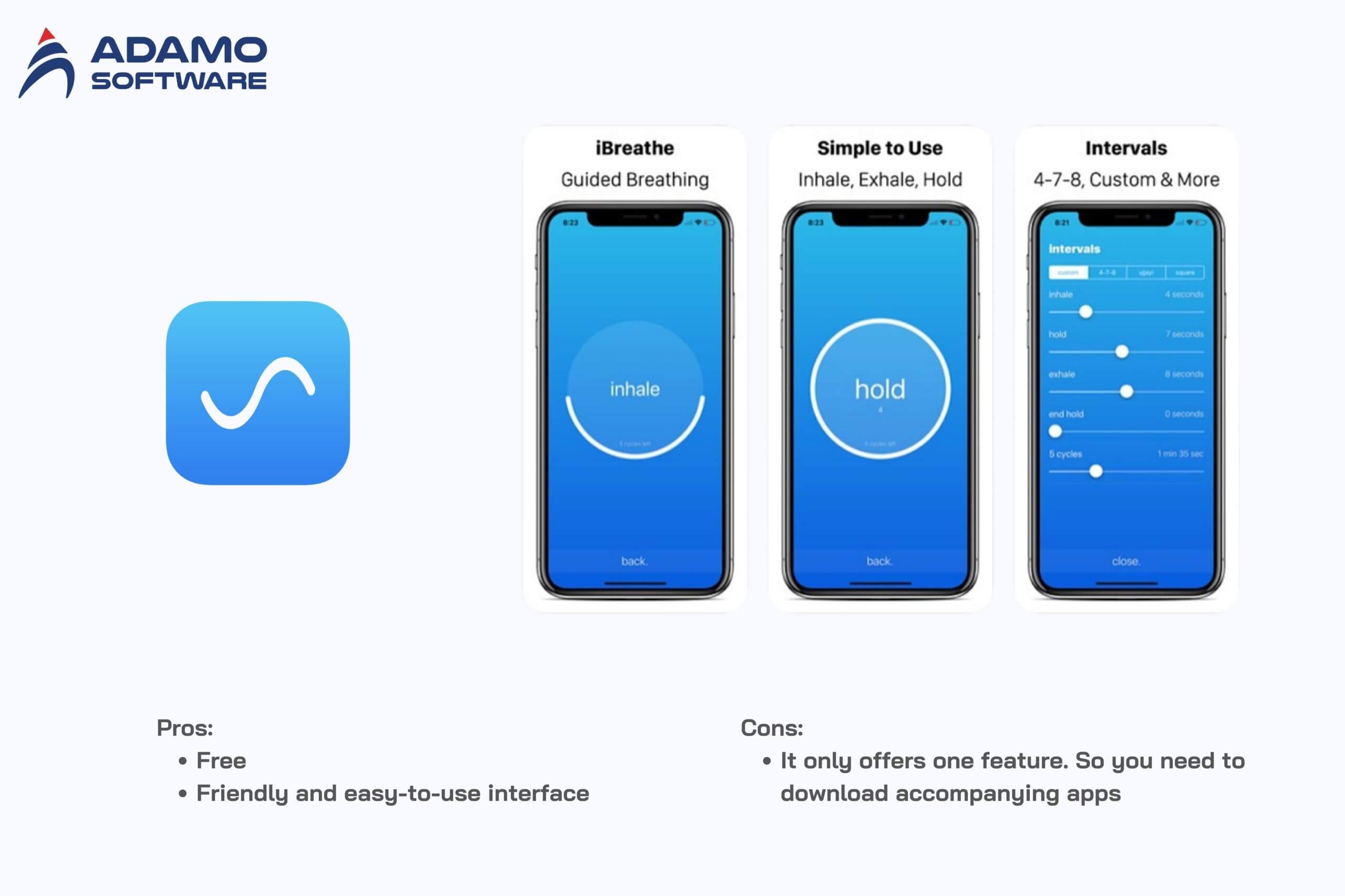
Deep breathing exercises, in particular, give the best results when done daily. Therefore, you can set the app to remind you when to do your breathing exercises. If you encounter stressful moments at work or in life, you can open the app to relieve stress.
Pros & Cons
Pros
- Free.
- Friendly and easy-to-use interface.
Cons
- It only offers one feature. So, you need to download accompanying apps.
8. Worry watch – Best for mood tracking
Key Specs
- Price: Free to download, followed by $2.99/month or $11.99/year
- Platforms: iOS
- Free Trial: No
Why we chose it:
Worry Watch is one of the top mental health apps. It integrates features like a mood tracker, a thought diary about anxiety, and a coping resource provider. It uses evidence-based CBT strategies to help users deal with anxiety and track their negative and worrying thoughts.
In addition, Worry Watch helps users track their daily worries. They also identify the causes of their anxiety and learn CBT-supported coping mechanisms and techniques to manage those feelings. Another option is to enter detailed thought processes, chart an action plan, and reflect on the results at a later stage. This can be a comprehensive solution for self-regulation of emotions.
Pros & Cons
Pros
- It offers a guided journal feature for anxiety self-care.
- Intuitive charts.
- Active tips are available with regular reminders.
- Available in 16 languages.
Cons
- Not available for Android devices.
- Not many additional features.
- Unappealing interface.
9. I Am Sober – Best for addiction
Key Specs
- Price: Free for basic version/Premium version is $9.99/month, $27.49/6 months, or $39.99/year
- Free Trial: No
- Platforms: iOS, Android
Why We Chose It:
I Am Sober offers users a variety of ways to track milestones on their road to recovery. As one of the top mental health apps, it features a sober day tracker to a calculator that shows how far a user has come since getting sober. The premium version of the app also allows users to cheer on others on their sobriety journeys.
Pros & Cons
Pros
- It offers multiple ways to track your addiction and recovery milestones
- The app can be customized to suit each user’s needs and experience
Cons
- Premium features are only available with the paid version Subscriptions are automatically renewed, so you must turn off auto-renew 24 hours in advance
10. Happify – Best for positive thinking
Key Specs
- Price: Free version available/Happify Plus subscription is $14.99/month, $139.99/year, or $449.99 for a lifetime membership
- Platforms: iOS, Android
- Free Trial: No
Why We Chose It:
Happify is developed by therapists and powered by AI. It is a mental health app that helps people relieve stress and think more positively in just a few minutes daily. The proof is through fun activities and games. This is considered the one of top mental health apps.
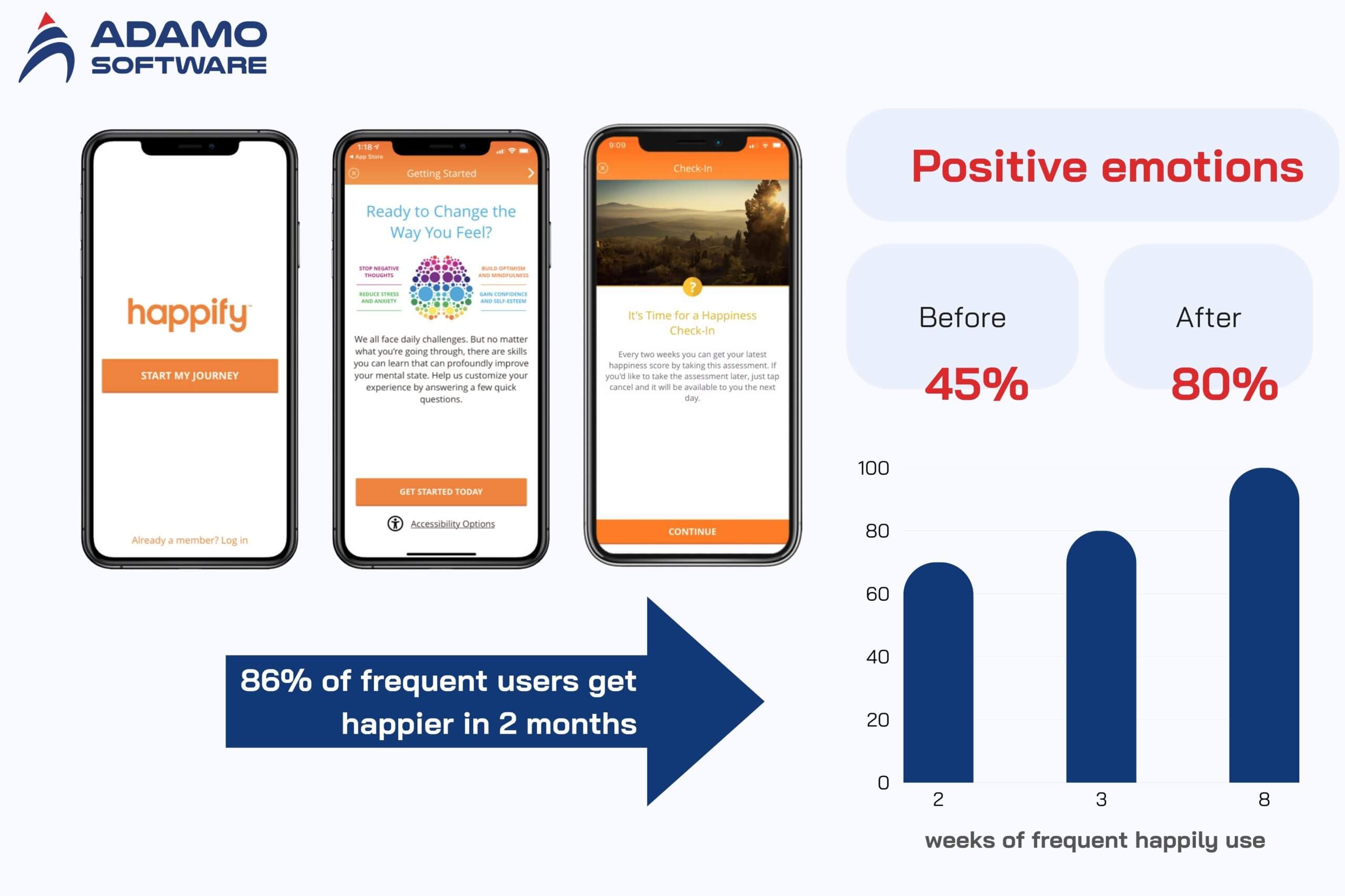
Pros & Cons
Pros
- It offers a wide range of scientifically proven activities and games
- Focuses on preventing burnout
- Helps users achieve personal goals
- A wide range of fun and engaging activities and games
Cons
- The free version is very limited. Subscription fees are relatively expensive compared to other apps.
11. Mindshift CBT – Best for anxiety
Key Specs
- Price: free
- Free trial: not applicable
- Platforms: Android and iOS devices
Why we chose it:
Another name mentioned in the list of top mental health apps, MindShift CBT offers a variety of tools and strategies to deal with anxiety, stress, and panic. This is done through cognitive behavioral therapy (CBT) techniques to modify thoughts and behaviors.
The app claims that it can help with anxiety, panic, perfectionism, social anxiety, and phobias. It offers features like short meditations, thought journals, coping cards, and activities to face fears. It helps change beliefs and develop healthy habits.
Pros & Cons
Pros
- Free to sign up
- It is specifically designed to treat anxiety
- Uses psychotherapy techniques
Cons
- Limited number of entries per day
- Often has technical issues
12. Recovery Record – Best for eating disorders
Key Specs
- Price: free
- Free trial: not applicable
- Platforms: Android and iOS devices
Why we chose it:
Recovery Record is a great tool for anyone recovering from an eating disorder such as anorexia nervosa, bulimia nervosa, and binge eating disorder.
This Recovery Record app can be linked to the Recovery Record clinical app for eating disorder treatment professionals. It helps your treatment team get a complete picture of your situation so you can easily track your progress and help you reach your goals.
Key features include a food diary to track food, thoughts, and emotions during meals. Daily affirmations, coping strategies, goal setting, and more also exist. So, with its comprehensive approach, Recovery Record stands out as one of the top mental health apps for eating disorder recovery.
Pros & Cons
Pros
- Free to sign up Links to treatment group It is more discreet than carrying a food diary
Cons
- Some users report frequent technical issues.
13. BetterHelp – Best for talk therapy
Key Specs
- Price: $70-$100/week, billed every 4 weeks
- Free Trial: No
- Platforms: iOS, Android
Why We Chose It:
With affordable subscription prices, a wide range of therapists available, and various communication options, BetterHelp is certainly one of the most flexible and easy-to-use mental health apps on the market. The therapy platform offers a variety of video, audio, chat, and text therapy via smartphone, tablet, or computer to people in all 50 states (and internationally, although most BetterHelp providers are in the US).
As one of the top mental health apps, BetterHelp stands out for its flexibility and ease of use, making professional support more accessible than ever.
Pros & Cons
Pros
- Unlimited messaging with therapists
- Multiple therapy options, including live chat All therapists are licensed
- Financial assistance available
Cons
- Does not accept insurance
- Does not support medication management
- No mental health services
You can explore more about Fitness tracker app: Definition, Types, Cost & Development Guide here.
III. Need support to create your own Mental Health App? Adamo is here!

Are you planning to develop a mental health app? Developing a mental health app is a complex project that requires specialized knowledge and skills. Therefore, we highly recommend that you seek the assistance of a reliable healthcare software development company.
Adamo Software is a great choice if you want to work with a trusted partner. With extensive experience in the healthcare software industry, we can build an app that gets the job done and complies with all medical regulations.
If you have an idea or are considering building a mental health app, contact us to get started today!




